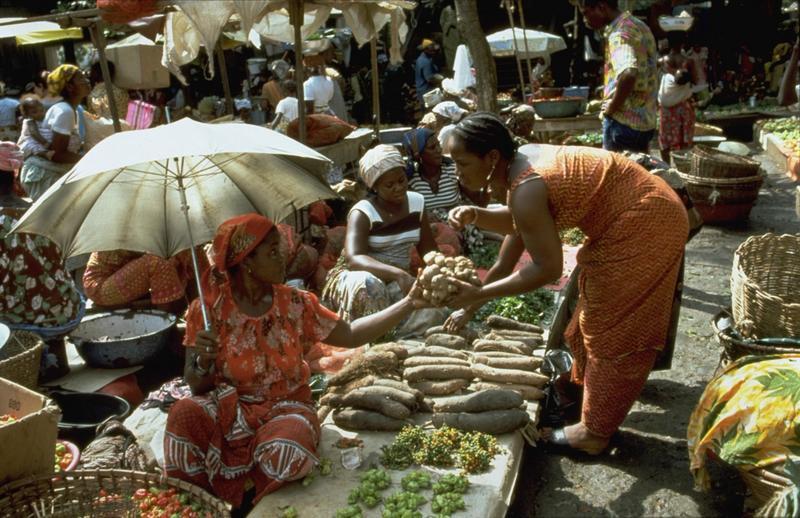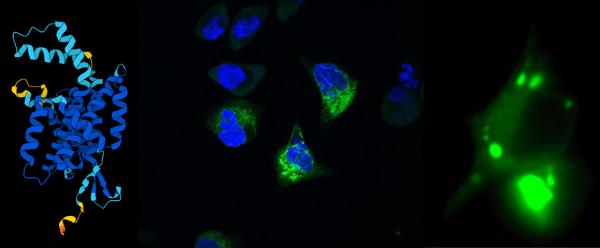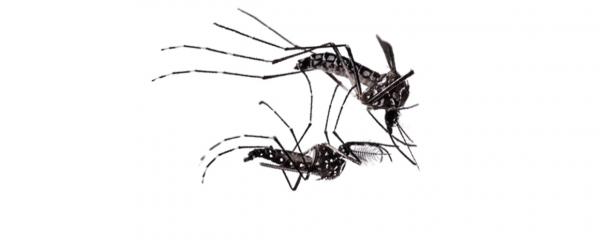Results & impact 2 April 2024
- Home
- Press area
- Press releases
- research projects food security CIRAD INRAE
Transitions for global food security: results of the GloFoodS metaprogramme

From 2014 to 2020, CIRAD and INRAE jointly led the GloFoodS interdisciplinary metaprogramme, aimed at shedding light on the various aspects of global food security in the light of global change © C. Lanaud, CIRAD
Between 2014 and 2020, INRAE and CIRAD worked together to organize and inspire an interdisciplinary community of scientists with the objective of exploring past and present concerns related to the way in which food security and nutrition security interact with sustainable development challenges and global changes. The GloFoodS metaprogramme espoused a variety of perspectives on food security, bringing together a broad range of researchers. Collaborators worked at a variety of scales, from the global level all the way down to the household level. They also examined different facets of the issue. For example, agricultural and animal scientists considered the role of agricultural production, while biologists, economists and social scientists, nutrition specialists and epidemiologists focused on access to and the use of foods. Finally, the metaprogramme’s participants carried out their work in different parts of the world, including both developed countries and the global South.
A unique research programme that combined the complementary skill sets of INRAE and CIRAD
GloFoodS carried out research in diverse areas, addressing questions related to the agricultural sciences, livestock systems, global modelling, changing land use, economic and sociological determinants of diet patterns in rural areas, agrifood technologies, nutrition, and the governance of food security. Its priority was to carry out novel and multifaceted analyses of transitions towards food security worldwide given global changes. More specifically, GloFoodS made the following contributions:
- It enhanced understanding of the factors behind nutritional transitions, including their impacts on human health and the environment
- It analysed trends and variability in crop and livestock yields to develop appropriate actions
- It evaluated the potential of dedicating available land to agriculture (and forestry) with a view to generating food, energy, or bioindustrial products
- It identified the processes and structural factors that help limit loss and waste across production lines and during food sales
- It shed light on the links between the access of rural and urban households to food, issues related to poverty levels within populations, and changes in social inequality in developed and developing countries
- It analysed trends in the governance of food security worldwide.
Transferring results to policymakers and stakeholders on the ground
Over its six-year lifespan, GloFoodS created strong ties between research, innovation, training, and development. In particular, the metaprogramme contributed to the education of undergraduate and graduate students in the agricultural sciences. It also developed training programmes for policymakers and stakeholders on the ground in different domains, including agroecology, food production, and the circular economy.
These stakeholders and decision makers were also invited to participate in GloFoodS's research projects via participatory science initiatives. The metaprogramme provided concrete solutions to key players in the field—farmers, policymakers, private companies, and NGOs—to help guide transitions in food systems. Several examples are described in the project summary documents. Both in France and abroad, GloFoodS's findings are promoting understanding of food insecurity, helping to prevent food crises, and driving the development of policies for managing market risk. The metaprogramme also consolidated databases containing useful information for INRAE and CIRAD researchers. These databases are focused on subjects ranging from the exploitation of local plants in African countries to the large-scale global equilibria that exist between agricultural supply and dietary needs. Finally, GloFoodS created value from its Agrimonde-Terra foresight study and the resulting Globagri modelling tool, both within the scientific community and beyond.


























